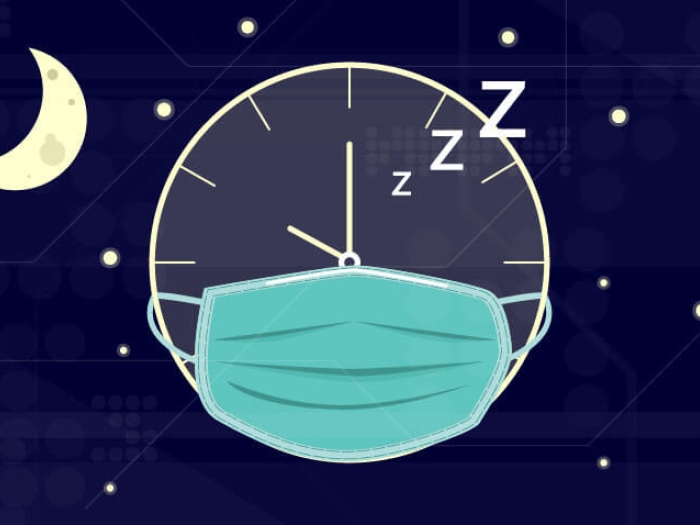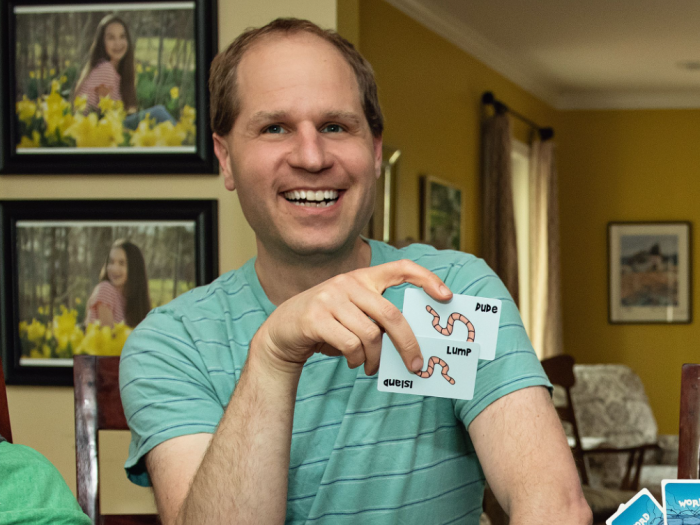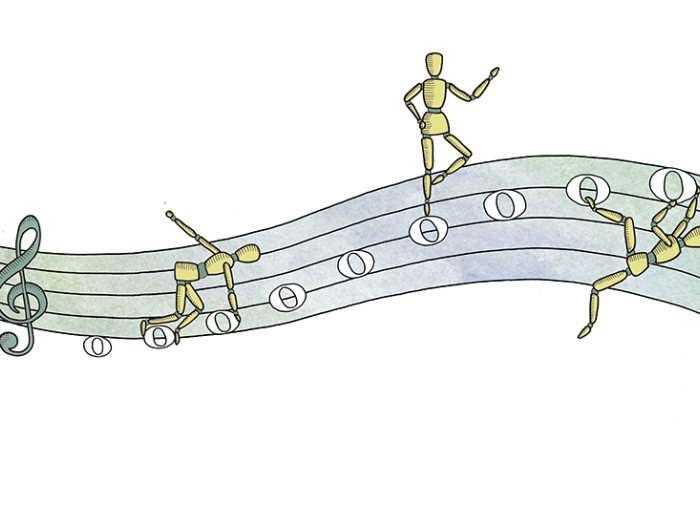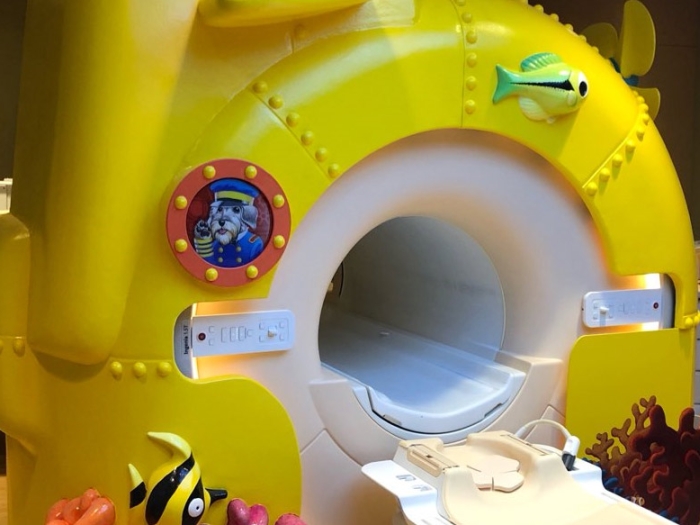Michigan Medicine and the University of Michigan are home to a number of fun, unique, and engaging programs that share encouragement and healing with patients, families, students, staff, and others in our community.
4 full-time facility dogs in the Lipschutz-Danzansky Family Paws4Patients Program help bring smiles and comfort to patients and families.
More than 100 interpreters who speak over 70 languages support patients who are limited in their English proficiency or are hard of hearing.
130 HOPE Ambassadors volunteer to assist patients, families, staff, and visitors, totaling over 64,000 individual encounters of support a year.
The U-M Adaptive and Inclusive Sports Experience (UMAISE) provides sports and recreation opportunities to people with disabilities. People of all ages and abilities enjoy basketball, camping, cycling, kayaking, martial arts, soccer, Sports Club, and tree climbing.
The Adaptive Sports & Fitness program offers U-M athletes the opportunity to compete in recreational wheelchair basketball as well as three Paralympic sports: wheelchair tennis, track and field, and para-equestrian.
Since 2019, the Therapeutic Gaming and Digital Technology program at C.S. Mott Children's Hospital has provided video game and virtual reality experiences to more than 4,000 patients.
The MR-I Can Do It program at C.S. Mott Children's Hospital offers entertainment systems and themed rooms — a treehouse, submarine, and castle — to help patients to get through MRI procedures without sedation. More than 500 patients have benefited from this program.
Countless patients, family members, visitors, and staff take breaks in the Friends Meditation Garden, finding comfort and inspiration in the plant life, fountain, and sculptures.
The Art Cart — a lending library of framed poster art — visits inpatients in nearly every area of the medical campus, allowing patients to select artwork for their rooms.
Prior to the COVID-19 pandemic, the Gifts of Art program presented weekly music, theater, and dance acts. Hospital audiences could see Shakespeare plays, jazz ensembles, or West African dance performances.
Music plays an important role in healing, with music therapists, bedside music programs, and volunteer musicians sharing soothing and comforting performances with patients.
Michigan Medicine Music Therapy and Spiritual Care teams partner to add music to Sunday services for patients and families. Bi-weekly virtual services during the COVID-19 pandemic have received more than 700 views.





